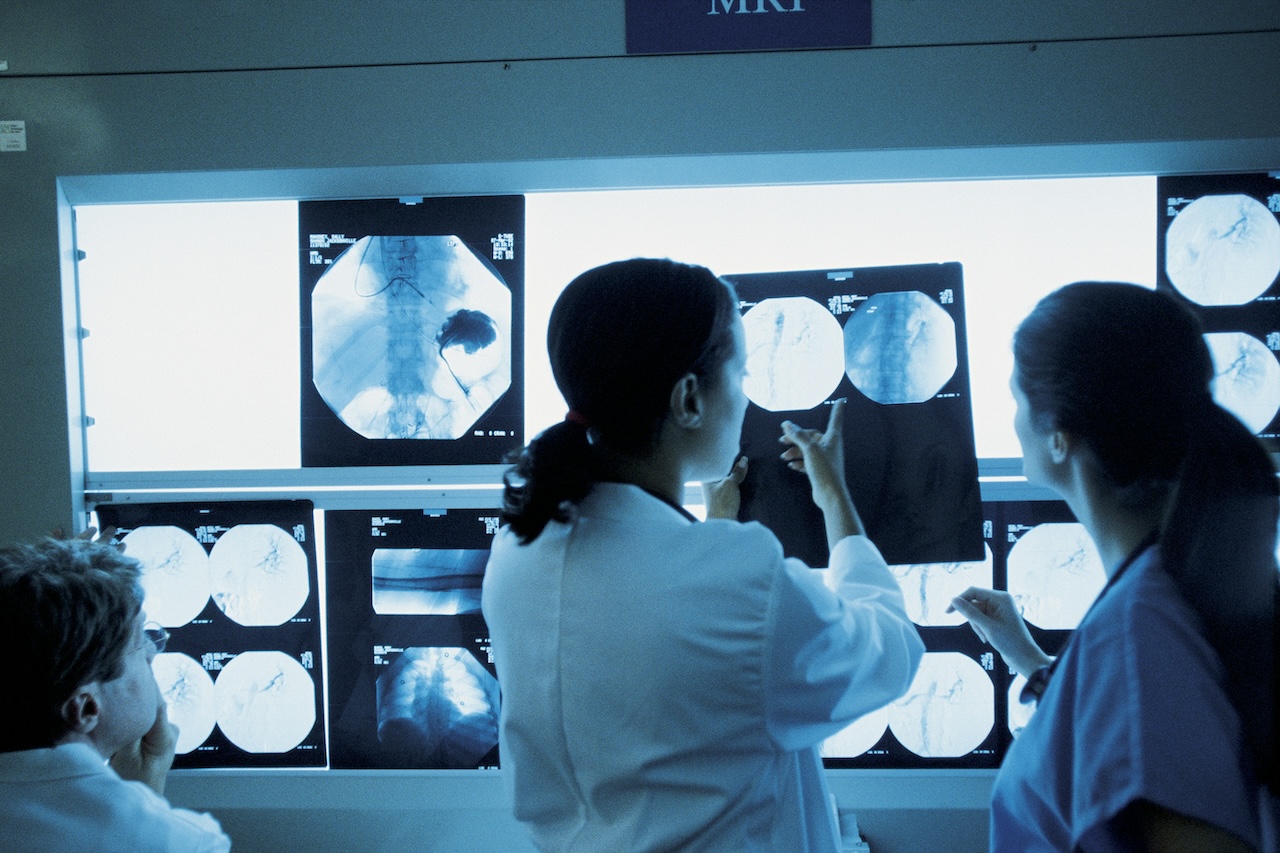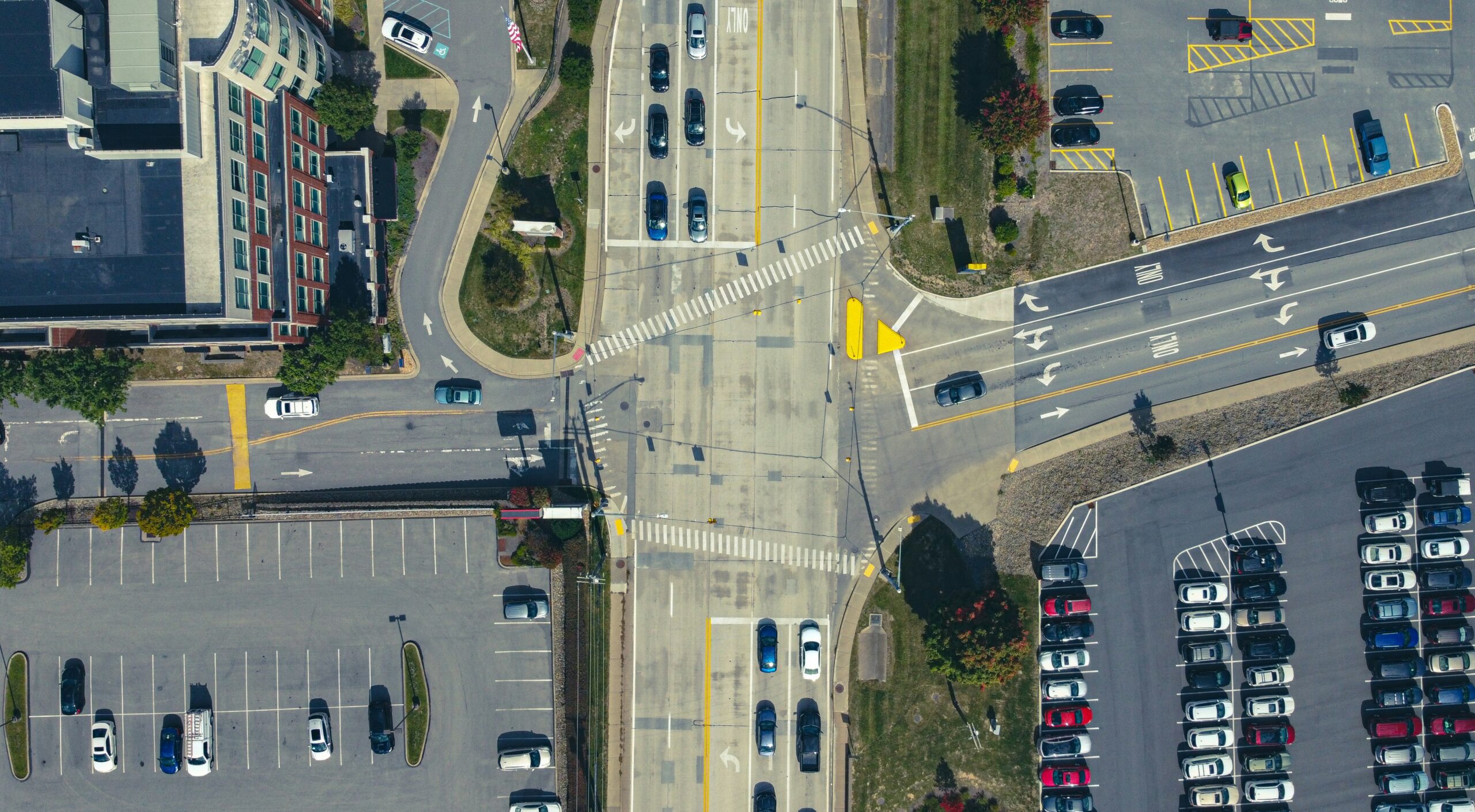 Brad Huffman Explains
Brad Huffman Explains
*AI-generated voice. Script approved by Brad Huffman. For information only.
Key Takeaways
- Internal bleeding is often invisible but can become fatal within hours if not treated.
- Symptoms like dizziness, chest pain, or blood in urine may signal serious internal injuries.
- Even minor car accidents can cause internal bleeding—prompt medical evaluation is critical.
One of the unfortunate myths surrounding car accident injuries is that unless the injuries are serious, there’s no point in getting a medical evaluation. Regardless of how serious the injuries may seem, there are many life-threatening conditions that can only be detected by a medical professional.
One very common example is internal bleeding, which can affect all areas of the body, including vital organs. While a person may not be aware that they have internal bleeding from a car accident or even that they are suffering an injury at all, it can nonetheless become a fatal condition and advance quickly within a short period of time.
What is Internal Bleeding?
As the the name suggests, internal bleeding is a type of injury that occurs underneath the surface of the skin. When internal bleeding happens, it means a blood vessel—an artery, vein, or capillary—has ruptured or been damaged inside the body.
This means that instead of blood flowing through the normal circulatory path, it leaks out into surrounding tissues, organs, or cavities. This disrupts the body’s ability to deliver oxygen and nutrients efficiently. Depending on where it occurs, the leaked blood can compress nearby organs (like the brain in a hemorrhagic stroke), cause swelling (like in the abdomen), or collect in spaces like joints or muscles, leading to pain and dysfunction.
Internal bleeding can happen within a few hours or even minutes following a car accident, and symptoms may be limited or even non-existent. If left unchecked, internal bleeding can quickly become fatal, which is why it’s critical to receive a medical evaluation as soon as possible after a crash.
Signs of Internal Bleeding After a Car Accident
As we’ve noted, internal bleeding doesn’t always present obvious symptoms, however, there are a few common warning signs that you should look out for if you’ve been involved in a car accident. If you have any of the following symptoms following a car accident, go to the emergency room right away:
- Headache, dizziness, loss of balance, or fainting: A sudden headache, dizziness, or even a seizure can be a sign that you have brain bleeding following an accident, especially if you hit your head during the incident.
- Nausea or bloating: Many car accident victims who have suffered a seat belt injury often have internal bleeding in the abdominal area due to the severe pressure inflicted by the seat belt. Any stomach discomfort or swelling should be evaluated by a doctor.
- Chest pain or difficulty breathing: Seat belt injuries can often affect the lungs and heart and cause internal bleeding in the chest area. This can sometimes present as chest pain or trouble breathing.
- Coughing up blood: If the internal bleeding reaches the lungs, coughing up blood can be a symptom.
- Blood in stool, urine, or vaginal bleeding: Blood in stool or urine that resembles coffee grounds is almost always serious, whether it stems from internal bleeding or another condition. For women, vaginal bleeding after a car accident can also indicate internal bleeding.
- Joint or muscle pain: While the pain may simply originate from the impact of a car accident, joint or muscle pain can also indicate internal bleeding. If you’re unsure, see a doctor.
Common Causes of Internal Bleeding After a Car Accident
The causes of internal bleeding typically have less to do with the severity of the accident and more to do with what events occurred during the accident. When the following details are present in a car accident, the risk of internal bleeding goes up:
Head Trauma: Blows to the head are a major cause of brain bleeding from a car accident. This type of bleeding can occur when the brain hits the inside of the skull, causing blood vessels to tear. It’s especially common in high-speed crashes, sudden stops, or when a person strikes their head against a window, dashboard, or steering wheel.
Seat Belt Injuries: Seat belts are intended to save lives—and in most situations, they do. But in some car accidents, these restraints can cause serious injury, especially if they involve sudden stops or high-speed impacts. The force of a seat belt cutting into a person’s chest and abdomen can cause damage to the organs lying under the soft tissue, resulting in internal bleeding.
High-Speed Collisions: Crashes at high speeds produce massive force on the body, often resulting in blunt force trauma. The faster a vehicle is moving at the time of impact, the more likely internal organs are to be injured, and if this happens, internal bleeding is more likely.
Rollover Accidents: When a car flips and rolls, the driver and other occupants may be thrown around or suffer from crush injuries. If the damage is severe enough, this can easily cause internal bleeding.
Broken Bones: Bone fragments or the force of the fracture itself can tear nearby blood vessels or organs. Pelvic fractures, in particular, are notorious for causing heavy internal bleeding due to the dense vascular structure in that area.
What is the Treatment for Internal Bleeding After a Car Accident?
If you suspect that you may have internal bleeding, the first step is to go to the emergency room right away. There, a doctor will order diagnostic tests, which may include a CT scan, ultrasound, X-ray, or blood test, to determine whether internal bleeding is present and where it is located.
If it is determined that you have internal bleeding, medical staff will likely stabilize your condition through an IV and possibly a blood transfusion. If the internal bleeding is severe enough or localized at a vital organ, surgery might be warranted. Otherwise, the typical treatment plan involves a combination of clotting medication, physical therapy, and antibiotics as you recover.
If You Think You Are Bleeding Internally, Don’t Wait to Get Help
As we’ve gone over, internal bleeding following a car accident is an emergency that requires immediate attention. However, once your medical condition has stabilized, it’s likely you’ll be looking for ways to stabilize your finances. Car accidents can be devastating to not only a person’s physical and emotional well-being but also their bank account.
Medical bills, towing fees, and repair costs are not cheap and it’s likely that the other driver’s insurance company will fight you every step of the way or possibly even deny your claim outright. If your injuries have prevented you from working, it’s safe to say your savings will dwindle quickly.
Huffman & Huffman Brothers-in-can help you understand your legal options for recovering compensation after a car accident. Our Virginia Beach car accident lawyers can investigate your case, collect evidence, communicate with insurance companies and liable parties on your behalf, file paperwork, and advocate for you during settlement negotiations. Contact our firm for a free consultation today.




